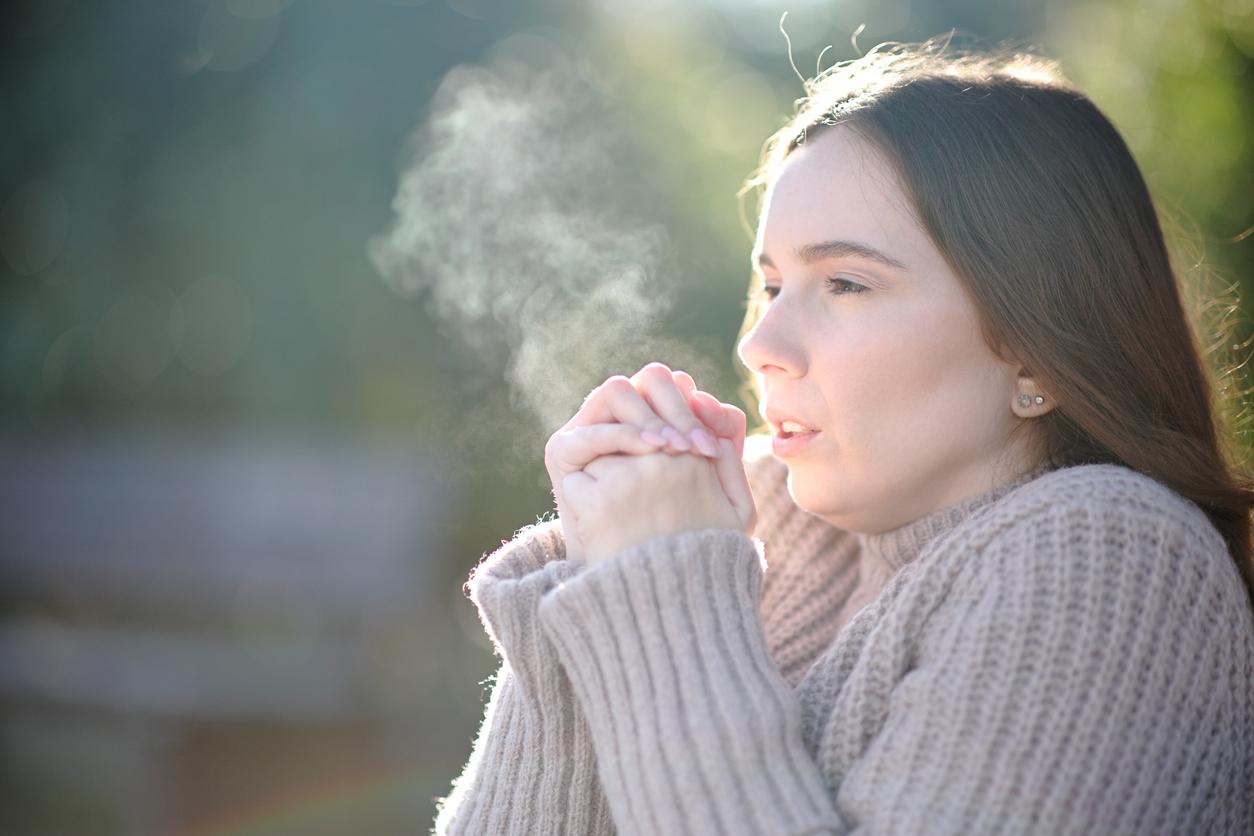Faced with the energy crisis currently affecting Europe, the French government would like to reduce energy consumption by 10% this winter. To achieve this, everyone is invited to participate in the collective effort, in particular by adjusting the heating to 19°C at home. Is this enough for the body? According to the World Health Organization (WHO), fairly warm accommodation would be around 21°C in the living rooms and 18°C in the bedroom.
But in the face of rising prices, heating costs can also become a source of stress and pressure and some French people are reluctant to turn up the heating on their own to avoid too high a bill. But beware, housing that is too cold can pose mental health risks, according to a new British study published in the journal Social Science & Medicine.
Researchers from the University of Adelaide in Australia have explored the link between too cold housing and impact on health using data from the UK Household Longitudinal Study, collected since 2009 from adults in 40,000 households in the United Kingdom, i.e. about 100,000 people.
Twice the risk of mental distress
And the results are striking: a house that is too cold increases the risk of severe mental distress. In people who had never had any mental health problems, the risk of mental distress was doubled. In people who already suffered from mental health problems in the past (but not severe), the risk even tripled.
“People who are unable to heat their homes often adopt coping mechanisms that limit socializing – for example, not having friends over and going to bed early to stay warm. And many people are simply exhausted from spending an entire winter in the uncomfortable cold.“, say the researchers.
But who are the people most at risk of living in a home that is too cold? According to the study, single parents, the unemployed or people with chronic illnesses are the most likely to live in cold housing. Tenants would also be more affected than landlords.
Health risks
But the cold doesn’t just affect mental health. It weakens the immune system, leaving us more vulnerable to all the little ailments of winter (flu, cold, sore throat or Covid-19) even if the cold does not directly make you sick!
People with fragile heart health (high blood pressure, history of heart attack) are also more vulnerable to cold, in particular because the body will mobilize more energy to maintain body temperature, thus making the heart beat faster. . To limit the effects of the cold, cover your extremities and head and warm up before exposing yourself to (too) low temperatures.
Source :
- Cold homes and mental health harm: evidence from the UK Household Longitudinal Study, Social Science & MedicineDecember 2022

















